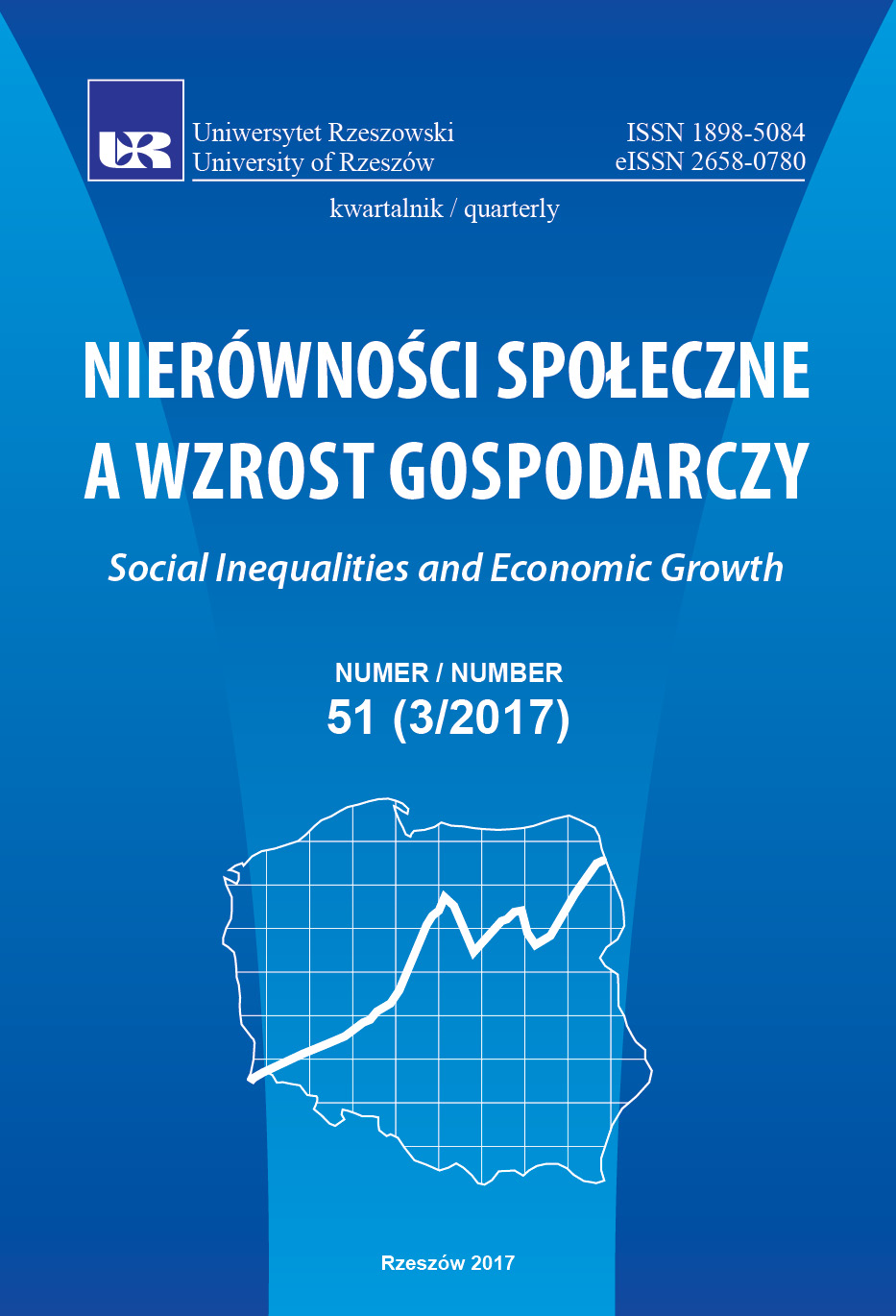Marxian critique of the human capital theory
DOI:
https://doi.org/10.15584/nsawg.2017.3.8Keywords:
theory of capital, growth theory, human capitalAbstract
Soon after the neoclassical idea of capital was disavowed, a new concept of (endogenous) growth was introduced and the theory of human capital was a part of it. The theorists claim that ‘homo oeconomicus’ invests in his/her intrinsic capital expecting some yield in the future. To assess this concept is the purpose of the paper. The method of analysis is theoretical, based on – let us call it – the paradigm of production and distribution, stemmed from classical economists and developed by Marx, Sraffa and Pasinetti. Human capital theory, on the other side, is based on the methodological individualism, which means marginal utility theory: the driver of the investment process is preference of a single person being theoretically (and artificially) separated from a) the system of production, which includes the technological interdependence among the members of society, and b) the institutions of distribution. The absence of any theory of distribution leads to shortcomings, already proven during the famous capital controversy. In consequence, the „human capital” concept neither can explain capital nor knowledge (technical progress).Downloads
Download data is not yet available.
Downloads
Published
2020-11-13
How to Cite
Holko, M. (2020). Marxian critique of the human capital theory. Social Inequalities and Economic Growth, 3(51), 91–111. https://doi.org/10.15584/nsawg.2017.3.8
Issue
Section
Articles
License
Copyright (c) 2017 University of Rzeszow

This work is licensed under a Creative Commons Attribution-ShareAlike 4.0 International License.


